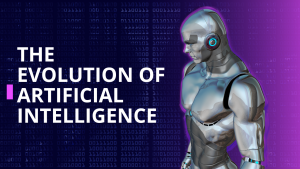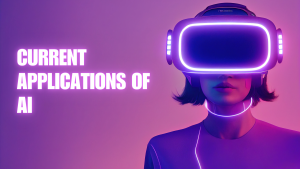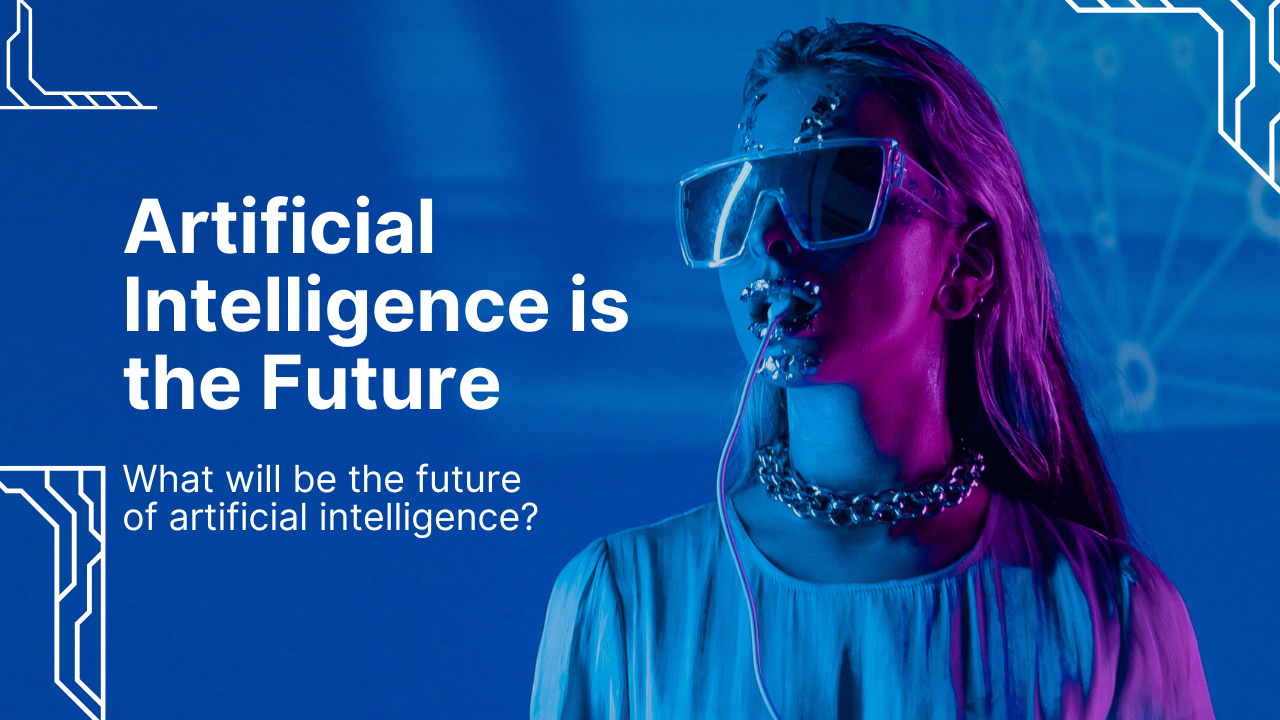In the realm of technological advancements, few innovations have sparked as much intrigue and transformative potential as artificial intelligence (AI). Often heralded as the cornerstone of future technological landscapes, AI represents a paradigm shift that is reshaping industries, economies, and everyday life. This article delves into the multifaceted dimensions of AI, exploring its evolution, current applications, future prospects, and the profound impact it promises to exert on society.
The Evolution of Artificial Intelligence
Artificial intelligence, as a concept, traces its roots back to the mid-20th century when pioneers like Alan Turing and John McCarthy laid foundational theories. Initially focused on creating machines capable of simulating human intelligence, AI has undergone remarkable evolution propelled by exponential growth in computing power, data availability, and algorithmic advancements.

The journey of AI can be segmented into several waves:
- Symbolic AI and Expert Systems: Birthed in the 1950s and 1960s, early AI systems relied on rule-based programming and symbolic representations of knowledge. Expert systems exemplified this era, designed to emulate human expertise in specific domains like medicine and finance.
- Machine Learning and Big Data: The late 20th and early 21st centuries witnessed a resurgence of interest in AI fueled by advancements in machine learning (ML) and the proliferation of big data. ML algorithms enabled systems to learn from vast datasets, improving performance in tasks such as image recognition, natural language processing (NLP), and recommendation systems.
- Deep Learning and Neural Networks: A breakthrough came with deep learning, a subset of ML that utilizes neural networks inspired by the human brain’s structure. Deep learning algorithms excel in complex pattern recognition and have driven significant progress in areas like speech recognition, autonomous vehicles, and healthcare diagnostics.
Current Applications of AI
Today, AI permeates diverse sectors, revolutionizing operations and augmenting human capabilities across industries:

- Healthcare: AI aids in medical imaging analysis, drug discovery, personalized treatment plans, and predictive analytics for patient care.
- Finance: Algorithmic trading, fraud detection, credit scoring, and personalized financial advice are powered by AI-driven analytics.
- Transportation: Autonomous vehicles rely on AI for navigation, object detection, and decision-making, promising safer and more efficient transportation systems.
- Retail: AI enhances customer experiences through personalized recommendations, inventory management, and predictive analytics for demand forecasting.
- Education: AI-driven tutoring systems, adaptive learning platforms, and automated grading streamline educational processes and personalize learning experiences.
- Manufacturing: AI-driven automation optimizes production lines, predictive maintenance reduces downtime, and quality control ensures consistency.
Future Prospects of AI
Looking ahead, the trajectory of AI promises even more profound transformations:
- Ethical Considerations: As AI becomes more pervasive, ethical concerns around data privacy, algorithmic bias, and autonomous decision-making demand careful consideration and regulatory frameworks.
- AI and Employment: While AI automates routine tasks, it also creates new job categories in AI development, data science, and human-AI collaboration, necessitating upskilling and reskilling initiatives.
- Advancements in AI Research: Quantum computing, explainable AI, and federated learning are poised to unlock new frontiers in AI capabilities, enabling more robust, secure, and interpretable AI systems.
- AI in Global Challenges: From climate change and healthcare disparities to poverty alleviation, AI holds potential solutions through data-driven insights, precision agriculture, and personalized medicine.
Impact of AI on Society
The integration of AI into societal frameworks brings both opportunities and challenges:
- Economic Growth: AI-driven productivity gains, innovation, and new business models spur economic growth and competitiveness.
- Social Dynamics: AI influences social interactions, employment dynamics, and educational paradigms, necessitating adaptive societal frameworks and inclusive policies.
- Cultural and Ethical Implications: AI’s role in shaping cultural narratives, creative industries, and ethical norms underscores the need for interdisciplinary dialogue and ethical AI design principles.
In conclusion, artificial intelligence stands at the nexus of technological innovation and societal transformation. Its evolution from theoretical concepts to practical applications across industries underscores its pivotal role in shaping the future of technology. As we navigate this transformative era, embracing AI’s potential while addressing its ethical, economic, and societal implications will be paramount. With responsible stewardship and collaborative efforts, AI holds the promise of a more connected, efficient, and equitable future for humanity.

